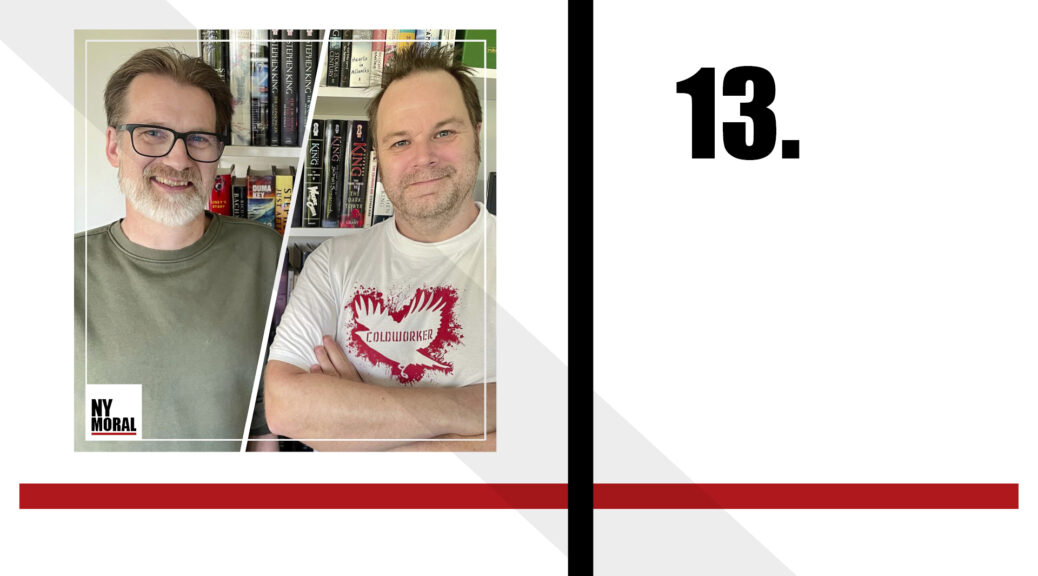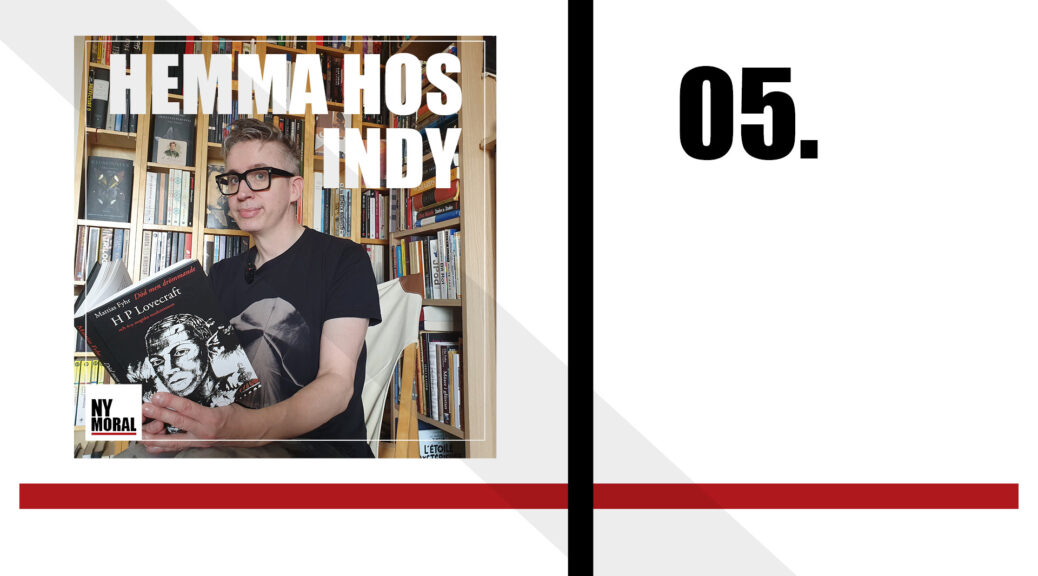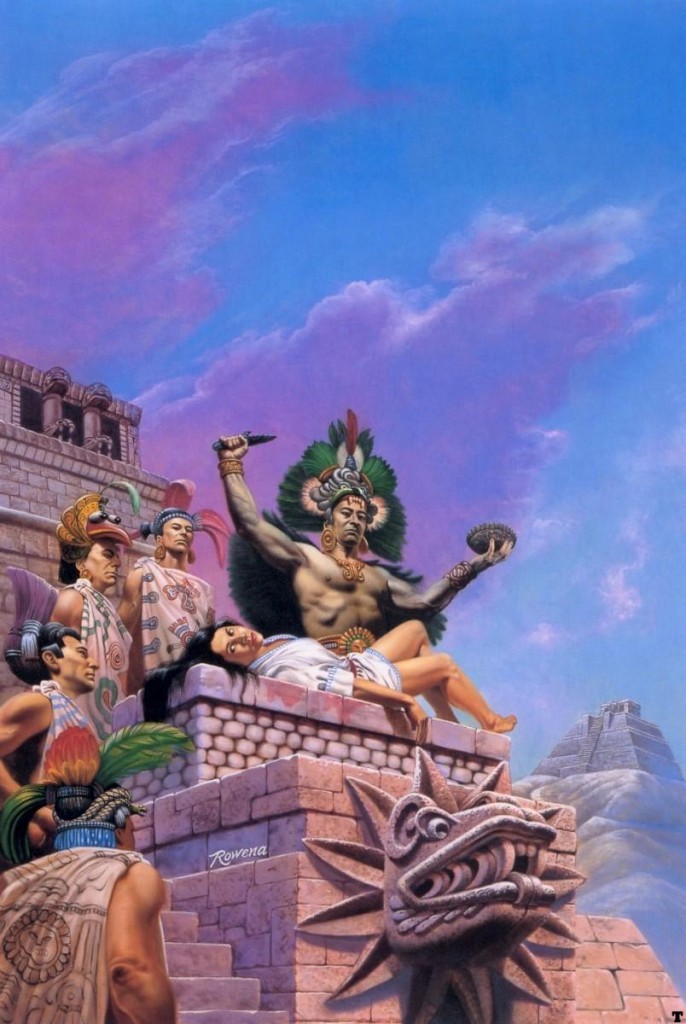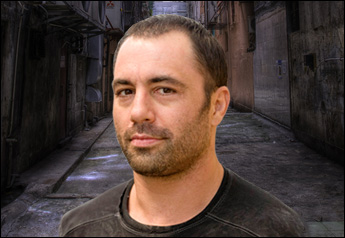Category Archives: literature
05. Fredrik Strage del 1
Dessutom 11 minuter bonusmaterial på patreon.com/nymoral
03. Litteratur: Föreläsningen “Sekelskiftets dekadenta böcker” med Hillevi Norburg
Love Flowers Best In Openness And Freedom
A meditation on the state of civilization and nature by Mattias Indy Pettersson

Edward Abbey (1927-1989) was an American author whose works reflect an uncompromising environmentalist philosophy. His love for the natural and his distrust of machines stayed with him until his death. He was buried as he had requested: in a sleeping bag, without a casket, in an unmarked desert grave somewhere in Arizona.
The title of this essay is a quote from Abbey’s ”Desert Solitaire: A Season in the Wilderness” (1968), a book that made me want to give up on civilization and retreat into nature. Too bad I’m such a self-made slave to this so called civilized living that I don’t even know how to start a fire without a lighter… I would probably not last a week in the wilderness. But I do love all things natural, it’s just that I’m super-civilized, i.e. lazy and brainless, and therefore unable to survive without my gadgets. Let’s explore why I am so stupid, and let’s start with a simple definition of the word ”nature”.
Nature: The natural world as it exists without human beings or civilization.
Our love for nature violently clashes with our love for civilization. Apparently, we can’t have both. Common sense is not common, and it takes experts to convince us of what we already know (this planet is deteriorating and so are we). Earth is our home, and what we do to it, we do to ourselves. We cannot live without Earth, but Earth will do just fine without us. Edward O. Wilson, biologist and researcher, once said that ”if all mankind were to disappear, the world would regenerate back to the rich state of equilibrium that existed ten thousand years ago. If insects were to vanish, the environment would collapse into chaos.”
Chaos: The confused unorganized state of primordial matter and infinite space before the creation of distinct forms.
Or, if we take it down a notch to a more human level:
A state of utter confusion, a total lack of order.
Civilization has been in a state of chaos for quite some time, so what else is new? Well, let’s talk about the aspect of time for a while. We’ve accomplished amazing things over the last couple of years. In the morning you get in your car, you drive through the city, you get on the subway, you scroll through your feeds on Facebook, Instagram, Twitter, and you subscribe to yet another podcast… It all seems normal, right? But it’s so far removed from every single aspect of our history. It’s so new, it’s so recent, this thing with cities and electronics, and it’s pretty far from a natural state.
Take a look at the nearest clock and understand that since this exact time yesterday, 13 million tons of toxic chemicals were released across the globe, and 200 000 acres of rainforest have been destroyed (an acre is approximately the same size as one football pitch or 16 tennis courts). Every two seconds a human being starves to death. Every day 150-200 animal and plant species are driven extinct. Every 90 seconds a child dies from a water-related disease. Civilization seems kind of bad. And even if those numbers aren’t 100 % correct at the time of writing, I think most of us understand that we’re in deep shit. The biodiversity crisis is real.
*

Lewis Mumford, historian and sociologist, defined civilization in his book ”The Myth of the Machine” (1967-70) as ”the group of institutions that first took form under kingship. Its chief features, constant in varying proportions throughout history, are the centralization of political power, the separation of classes, the lifetime division of labor, the mechanization of production, the magnification of military power, the economic exploitation of the weak, and the universal introduction of slavery and forced labor for both industrial and military purposes.”
Was Mumford cynical? Depends on whom you ask. Industrial civilization is destroying the planet and creating unprecedented human suffering. Do you agree? Maybe not wholeheartedly, but if you deny mankind’s destructive impact upon this Earth, you are not here. You are lost.
”How many more times will you watch the full moon rise? Perhaps twenty. And yet it all seems limitless.” Paul Bowles wrote that 1949 in ”The Sheltering Sky”.
”Woe to you, oh Earth and sea, for the Devil sends the Beast with wrath, because he knows the time is short.” Steve Harris wrote this adaptation of the Book of Revelations in ”The Number of the Beast” (1982).
Conclusion? The time aspect reveals what we’ve created in just the blink of an eye. Chaos. And compared to the time span of one full second, a blink of an eye is an eternity. Lots of chaos.
Derrick Jensen, philosopher: ”We have a social system based on the use of non-renewable sources. If you take more from your surroundings than you give back, sooner or later there will be nothing left. If fewer ancient forests stand each year than the year before, sooner or later none will stand.”
This is all very easy to understand. Cities, the defining feature of civilization, have always relied on taking resources from the surrounding countryside. Civilization thrives in artificially created environments, these huge urban centers that breed a mindless mob and suck the vitality out of the countryside. Spirituality starts in the open, transfers to the cities where it loses its gist and then dies in the megacities, engulfed in the flames of materialism.
Journalist Eduardo Galeano writes that ”the majority must resign itself to the consumption of fantasy. Illusions of wealth are sold to the poor, illusions of freedom to the oppressed, dreams of victory to the defeated and of power to the weak.” These are the central themes of modern political culture. How can this be a good thing? What have we made of ourselves?
Deep down, we know. Everybody knows that we’re in great need of new, sustainable systems to make this world a better place. Everybody knows that global hunger is man made and preventable. But these monumental problems are hardly being addressed at all. At least not by those in power, the responsible leaders who are able to make a difference. The power of the grassroots campaigns and small-scale activism is simply not enough, and we seem unable to grasp the magnitude of the challenges that face us.
Man will not live forever. Man will die off, it’s just a question of when, and I say the sooner the better. We know what’s wrong with us, so the question is: do we have the bravery to confront it? I think not. Therefore, the best humanity can hope for is to eventually be crushed by nature. I wish us all a peaceful, painless death when somebody finally pushes the button and closes the switch. Maybe, in a near future, all it will take is one click.
*

”The most merciful thing in the world, I think, is the inability of the human mind to correlate all its contents. We live on a placid island of ignorance in the midst of black seas of infinity, and it was not meant that we should voyage far. The sciences, each straining in its own direction, have hitherto harmed us little; but some day the piecing together of dissociated knowledge will open up such terrifying vistas of reality, and of our frightful position therein, that we shall either go mad from the revelation or flee from the deadly light into the peace and safety of a new dark age.”
H.P. Lovecraft, ”The Call of Cthulhu” (1928).
Technology most certainly will continue to develop at an exponential rate, as our development of sustainable agricultural and environmental issues lags behind. Some people claim that technology still lacks what separates tech from Man: a sense of morality, compassion, love, empathy… In my mind, I don’t see how we make good use of our morality, compassion, love and empathy. In my mind, we’ve forgotten everything about the soul, the spirits, and our emotions. There’s a spiritual void at the heart of our culture. Superhuman intelligence is all about the brain, and nothing about the soul, hence I see no difference between Man and Machine. The singularity is here.
Singularity: The state when humans will transcend the limitations of our biological bodies and brains. Where machine intelligence is more powerful than all human intelligence combined.
The way we use our mobile phones, activity wristbands and whatnot (or rather, the way technology uses us), tracking our every step even when we sleep, I’d say technology is already a part of our actual bodies. American terrorist and mathematics prodigy Theodore Kaczynski, known as the Unabomber (his early victims were associated with universities or airlines), was a man who lived for his idea, who was prepared to sacrifice everything for his idea, and especially everybody.
Dubbed ”the most intellectual serial killer the nation has ever produced” by one criminologist, his ideas about the evils of technology and his desire to leave civilization and escape into the wild ultimately drove him to murder. The Unabomber was active between 1978 and 1995, way before activity wristbands. Was his anti-technology philosophy sufficient to explain his crimes? Of course not. But let’s talk about violence.
Civilization is based on a rarely questioned hierarchy. Violence done by those up high to those down low is standard operating procedure, while reversing this structure is almost unthinkable. When violence from below occasionally strike against the upper elite it is regarded with shock, and stricken down hard by those in power, all according to the law of retaliation. ”And if ye will not yet for all this hearken unto me, then I will punish you seven times more for your sins.” (Leviticus 26:18). Violence has become the default of our culture.
*

”The Decline of the West”, is a two-volume tome written by historian and philosopher Oswald Spengler in 1918-1923. Spengler looks upon history as an organic cycle (rather than linear) that has to pass through the stages of Birth, Development, Fulfillment, Decay and Death. In the West we tend to look upon history as something always moving forward, evolving to the better. This, according to Spengler, is the result of the Western man’s ego, thinking that everything in the past pointed to him, making him the center of the world.
The cyclical movements of history are not those of nations, states, races and events, but of High Cultures, each and every one of equal importance. So when Spengler speaks of the decline of the West, he speaks of the decline of its culture. Thus, the people live on, but their culture is destroyed. The eight High Cultures so far are the Babylonian, Egyptian, Chinese, Indian, Mexican (Mayan/Aztec), Classical (Greece/Rome), Arabian and Western (European-American). These eight cultures have all had a life span of 1000 years, and every culture has collapsed. Why should ours be any different?
Spengler uses seasons as an analogy to elaborate. Spring is the birth of religion and where the basic principles of this culture are being formed. Summer is when acts of lasting value and great accomplishments are being made (this is the peak and the cultural prime). Autumn is when all this start to break down and turn into Winter. We’re there already, in the Kali Yuga.
Political propaganda is mistaken for ideology, feelings are mistaken for knowledge, science no longer reaches certainties. There is much cultural confusion, and the arts do not speak from or to the soul of the people, but rather follow materialistic fashion with lots of changes of styles, not asking much from neither the artist nor the people. Spengler is confident that after a moment of atheism the people will turn to a renewal of religion and spiritual faith, based on the religion developed in the Spring of the culture. And so we’ve entered what Spengler refers to as the Civilization phase which is – as opposed to the Culture phase we’ve just left behind – occupied with materialism, continual wars, mass movements of people, environmental crises, rootlessness and lack of vitality, strength and intellect.
The history of High Culture is the only history that counts, according to Spengler, because pre- and post-Cultural man is simply without history: as man plunges into materialism and advocates the degeneration of his mentality, he loses his historical weight.

Charles Eisenstein writes in ”Sacred Economics” (2011) about our culture’s notion of spirit as ”that of something separate and non-worldly, that yet can miraculously intervene in material affairs”, and concludes that this divine, godlike spirit of today is simply named Money; the hidden hand that directs and controls pretty much everything in our existence.
Wu-Tang Clan has a song, ”C.R.E.A.M.”, Cash Rules Everything Around Me, which the wolves of Wall Street surely cannot relate to. Cash? Most money don’t even exist in physical form. Most money is an abstraction disconnected from the real world.
Eisenstein on the early years of the 21st century economic crises: ”Looking down from Olympian heights, the financiers called themselves ‘masters of the universe’, channeling the power of the god they served to bring fortune or ruin upon the masses, to literally move mountains, raze forests, change the course of rivers, cause the rise and fall of nations. But money soon proved to be a capricious god.
As I write these words, it seems that the increasingly frantic rituals that the financial priesthood uses to placate the god money are in vain. Like the clergy of a dying religion, they exhort their followers to greater sacrifices while blaming their misfortunes either on sin (greedy bankers, irresponsible consumers) or on the mysterious whims of God (the financial markets). Soon, perhaps, we will blame the priests themselves.
What we call deflation, an earlier culture might have called, ‘God abandoning the world’. Money is disappearing, and with it a third property of spirit, the animating force of the human realm. [Money …], so insubstantial (in the form of electrons in computers) that it can hardly be said to exist at all, yet so powerful that without it, human productivity grinds to a halt. It is as if God had forsaken the world.”
He continues:
”We do not realize that our concept of the divine has attracted to it a god that fits that concept, and given it sovereignty over the earth. By divorcing the soul from the flesh, spirit from matter, and God from nature, we have installed a ruling power that is soulless, alienating, ungodly and unnatural.”
Our children will have to pay. They are the ones being left with the pollution, the wreckage, the ruin, the debt and the collapse of human industrial civilization. Our children will look up and whisper ”no”…
*
Edward Abbey again:
”…I go outside and close the switch on the generator. The light bulbs dim and disappear, the furious gnashing of pistons whimpers to a halt. Standing by the inert and helpless engine, I hear its last vibrations die like ripples on a pool somewhere far out on the tranquil sea of desert, somewhere beyond Delicate Arch, beyond the Yellow Cat badlands, beyond the shadow line. I wait.
Now the night flows back, the mighty stillness embraces and includes me; I can see the stars again and the world of starlight. I am twenty miles or more from the nearest fellow human, but instead of loneliness I feel loveliness. Loveliness and a quiet exultation.”
So let’s gently close the switch on civilization and let nature prevail. Don’t worry, it’ll be beautiful. Everything will be fine once we are all gone.
//
This essay is part of EVERYTHING WILL BE FINE ONCE WE ARE ALL GONE, a so-called self published artist’s book, created by Björn Engberg 2017. Proofread by Hannes Rubaszkin. Photos by Björn Engberg.
What is drowned will rise – What has risen will rule
Lovecraft art by Francois Launet.
Revelation and Deuteronomy
Funeral Mist: Blessed Curse from the Maranatha album (2009).
They scoffed at his feast of love, now they shall be dragged to his table of justice and made to drink their due deserts.*
They scoffed!…at the feast of the Lord and now they will be made to drink of their due deserts. Those of you that are away from God, I’m warning you, there’s coming a time, you would give anything for the cup of salvation, you would give anything to follow in the Lord’s steps and take up your cup and drink it whenever he calls you to do with the Christians; but it’s too late! So you were an angry man on the Earth? I’m an angry god in heaven.
Don’t forget our test tonight, for in the hand of the LORD there is a cup, and the wine is red; it is full of mixture and he poureth out of the same. But the dregs thereof, all the wicked of the earth shall wring them out, and drink them. (Psalm 75:8)
Friends, the judgment. The punishment of the wicked is prepared, God holds it in his hand, in the chalice of his wrath he holds it.
…The wine of the wrath of God which is poured out without mixture into the cup of his indignation and he shall be tormented with fire and brimstone in the presence of the holy angels and the presence of God.** (Revelation 14:10)
Take the wine cup of the fury at my hand, and cause all the nations, to whom I send thee, to drink it. And they shall drink, and be moved, and be mad, because of the sword that I will send among them. Then took I the cup at the LORD’s hand, and made all the nations to drink, unto whom the LORD had sent me. (Jeremiah 25:15-17)
Cursed shall be the fruit of thy body,
And cursed shall be the fruit of thy land,
Cursed shalt thou be when thou comest in,
And cursed shalt thou be when thou goest out. (Deuteronomy 28:18-19)
I gave you everything —-. He will force you as a parent forces a child to take medicine, he’s gonna force you to take the cup of the Lord…The wine is red! That signifies, my friends, the retribution! The payment! Vengeance! Blood for blood!
And thou shalt grope at noon-day, as the blind gropeth in darkness,
And thou shalt not prosper in thy ways:
And thou shalt be only oppressed and spoiled evermore,
And no man shall save thee. (Deuteronomy 28:29)
The stranger that is within thee shall get up above thee very high;
And thou shalt come down very low.
He shall be the head, and thou shalt be the tail. (Deuteronomy 28:43-44)
And thy heaven that is over thy head shall be brass,
And the earth that is under thee shall be iron.
The LORD shall make the rain of thy land powder and dust:
From heaven shall it come down upon thee,
Until thou be destroyed (Deuteronomy 28:23-24)
You’ll cry! You’ll cough! You’ll choke! And you will be…trapped. You’ll see the dregs, you’ll see the bottom of the cup, you’ll see the soupy mixture but you’ll keep drinking it and drinking it and drinking it and drinking it; my friends, Hell is forever! Damnation is forever!
It’s not a day in Hell, it’s eternity. When the Rapture takes place all hell is gonna explode. Then you will be within the sodomite hordes, when the Rapture takes place, you will not make it…you’re not going up. Why? You made a choice. You made a choice. It’s a horrible tempest! This shall be the cup, the portent of their cup. Death! Every last sin —. Don’t hold back at me; ‘cause when you hold back, friend, you’re dropping into the cup, it’s being stored up. And you will be forced to drink it, it will stand over you. And judge you.
The LORD shall make the pestilence cleave unto thee,
Until he have consumed thee from off the land,
Whither thou goest to possess it.
The LORD shall smite thee with a consumption,
And with a fever; and with an inflammation and with an extreme burning,
And with the sword, and with blasting, and with mildew;
And they shall pursue thee until thou perish,
Because thou wouldest not obey the voice of the LORD thy God. (Deuteronomy 28:21-22, 62)
— It sayeth in the — saying with a loud voice: If any man worship the beast and his image, and receive his mark in his forehead, or his hand, the same shall drink of the cup… (Revelation 14:9-10) …It is full of mixture, and this represents, friends: spices of anger, justice and repeated rejections of mercy. How many times has God tried to warn you?
You’re mixing the cup! You’re the ones dropping every ingredient in! You’ve stirred up wrath! And if you don’t believe what I’m speaking then you read the word! You’ve mixed his wrath! And it’s poisonous. It’s not the church that is causing the wrath to come down, it’s you! Drink it! Drink it! Not only will you have no choice, you’ll never reach the —.
You won’t — to do it. He will —-
—
*The first four paragraphs of the sample are partly from the exposition by Charles H. Spurgeon of Psalm 75:8 in the book The Treasury of David.
** It’s “presence of the Lamb” in the original verse.
—
All the dirty work done by Aceres, used with kind permission. Thank you!
Blood and Time at the End of the World
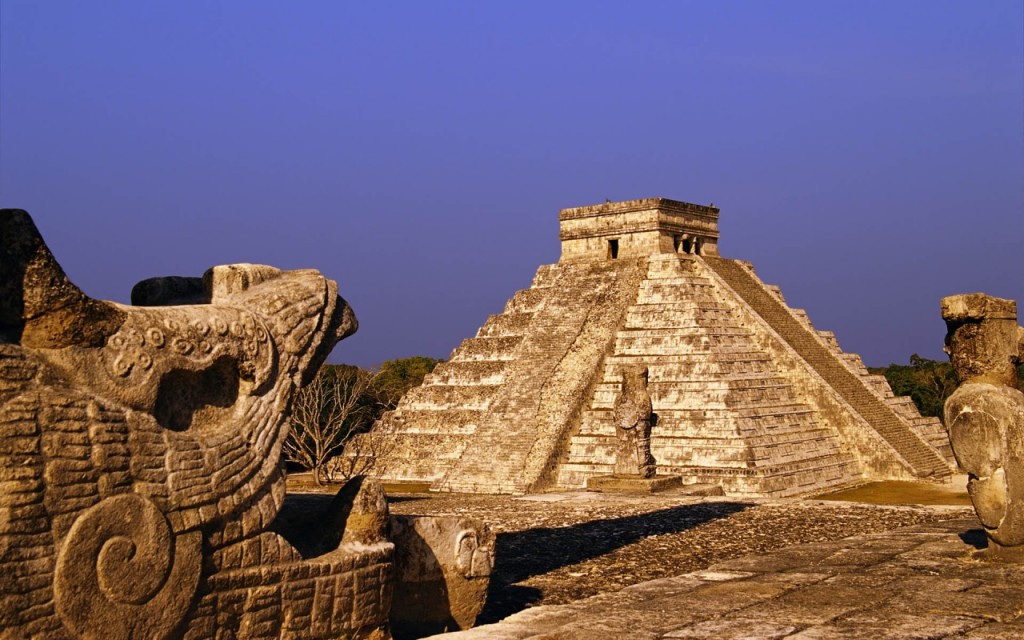
The Temple of Kukulkan seen from the Temple of the Warriors.
—
Chichen Itza, northern Yucatan, Mexico
“Behind me, towering almost 100 feet into the air, was a perfect ziggurat, the Temple of Kukulkan. Its four stairways had 91 steps each. Taken together with the top platform, which counted as a further step, the total was 365. This gave the number of complete days in a solar year. In addition, geometric design and orientation of the ancient structure had been calibrated with Swiss-watch precision to achieve an objective as dramatic as it was esoteric: on the spring and autumn equinoxes, regular as clockwork, triangular patterns of light and shadow combined to create the illusion of a giant serpent undulating on the northern staircase. On each occasion the illusion lasted for 3 hours and 22 minutes exactly.
(Check video here)
[…]
I passed by and made my way to the foot of the steep steps that led up to the adjacent Temple of the Warriors.
At the top of these steps, becoming fully visible only after I had begun to ascend them, was a giant figure. This was the idol of Chacmool.
[…]
Weighing on my mind was the unforgettable fact that the ritual of human sacrifice had been routinely practised here in the pre-Colombian times. The empty plate that Chacmool held across his stomach had once served as a receptacle for freshly extracted hearts. ‘If the victim’s heart was to be taken out’, reported one Spanish observer in the sixteenth century, ‘they conducted him with great display … and placed him on the sacrificial stone. Four of them took hold of his arms and legs, spreading them out. Then the executioner came, with a flint knife in his hand, and with great skill made an incision between the ribs on the left side, below the nipple; then plunged in his hand and like a ravenous tiger tore out the living heart, which he laid on the plate…’
What kind of culture could have nourished and celebrated such demonic behaviour? Here, in Chichen Itza, amid ruins dating back more than 1200 years, a hybrid society had formed out of intermingled Maya and Toltec elements. This society was by no means exceptional in its addictions to cruel and barbaric ceremonies. On the contrary, all the great indigenous civilizations known to have flourished in Mexico had indulged in the ritualized slaughter of human beings.
Slaughterhouses
Villahermosa, Tabasco Province
I stood looking at the Altar of Infant Sacrifice. It was the creation of the Olmecs, the so-called ‘mother-culture’ of Central America, and it was more than 3000 years old. A block of solid granite about four feet thick, its sides bore reliefs of four men wearing curious head-dresses. Each man carried a healthy, chubby, struggling infant, whose desperate fear was clearly visible. The back of the altar was undecorated; at the front another figure was portrayed, holding in his arms, as though it were an offering, the slumped body of a dead child.
The Olmecs are the earliest recognized high civilization of Ancient Mexico, and human sacrifice was well established with them. Two and a half thousand years later, at the time of the Spanish conquest, the Aztecs were the last (but by no means the least) of the peoples of this region to continue an extemely old and deeply ingrained tradition.
They did so with fanatical zeal.
It is recorded, for example, that Ahuizotl, the eight and most powerful emperor of the Aztec royal dynasty, ‘celebrated the dedication of the temple of Huitzilopochli in Tenochitlan by marshalling four lines of prisoners past teams of priests who worked four days to dispatch them. On this occasion as many as 80,000 were slain during a single ceremonial rite.
The Aztecs liked to dress up in the flayed skins of sacrificial victims. Bernardino de Sahagun, a Spanish missionary, attended one such ceremony soon after the conquest:
‘The celebrants flayed and dismembered the captives; they then lubricated their own naked bodies with grease and slipped into the skin … Trailing blood and grease, the gruesomely clad men ran through the city, thus terrifying those they followed … The second-day’s rite also included a cannibal feast for each warrior’s family.’
Another mass sacrifice was witnessed by the Spanish chronicler Diego de Duran. In this instance the victims were so numerous that when the streams of blood running down the temple steps ‘reached bottom and cooled they formed fat clots, enough to terrify anyone’. All in all, it has been estimated that the number of sacrificial victims in the Aztec empire as a whole had risen to around 250,000 a year by the beginning of the sixteenth century.
What was this manic destruction of human life for? According to the Aztecs themselves, it was done to delay the coming of the end of the world.”
—
The above text is an excerpt from Fingerprints of the Gods by Graham Hancock.
—
Joe Rogan of UFC fame has a brilliant podcast, and one of the most interesting so far featured Graham Hancock. Check it out here: The Joe Rogan Experience – Episode #142
Other podcasts of interest:
The JRE – Episode #170 Michael Ruppert (check the Collapse post for more info)
The JRE – Episode #173 Peter Joseph from the Zeitgeist movement
The JRE – Episode #127 Part 1 Chris Marcus about Ayahuasca
The JRE – Episode #127 Part 2 …and a bit about DMT as well
Also check The Joe Rogan Database for a quick overview of all the podcasts. At the time of writing there are 192 podcasts to browse through. Phew… Too much blood, not enough time.
